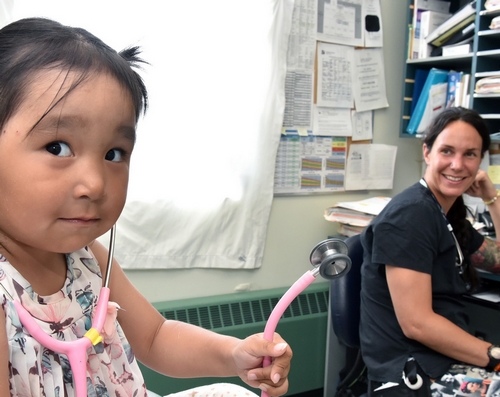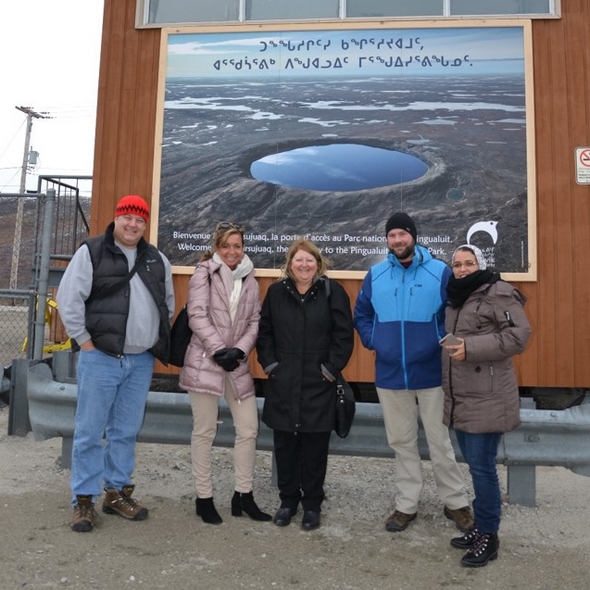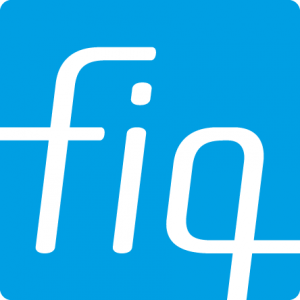Between March and September 2018, FIQ President Nancy Bédard travelled thousands of kilometres to meet healthcare professionals all across Quebec. The Far North was the last stop on the trip, with a visit to a dozen Cree and Inuit villages in James Bay, Hudson Bay and Ungava Bay. The FIQ’s photographer, Jacques Lavallée, also brought back plenty of snapshots from his experiences in Hudson Bay in summer of 2018. All of this was used to create the content for the “Providing care up North” microsite.
Providing care up North
Meeting care providers and communities up North
The President and her team came back from their journey up North with stories, photos and impressions to share.
While healthcare professionals in northern and southern Quebec deal with many of the same problems, some unique aspects of life up North deserve consideration and understanding, such as the increased autonomy of healthcare staff and the special nature of their relationship with patients.
With the 2020 negotiations to renew the provincial collective agreement, we will address questions that directly affect healthcare professionals working in the North, including northern leave, trips out and salary supplements.
It’s a great opportunity to shed light on healthcare professionals’ experiences in these villages, which are often inaccessible by car. We have so much to learn from what happens in the North.
In the photo on the left: Benoit Dicaire, President of the Syndicat des professionnelles en soins de la Baie d’Ungava, Nancy Bédard, President of the FIQ, Denyse Joseph, Vice-President of the FIQ and Officer for the Far North, Cyril Gabreau, President of the Syndicat nordique des infirmières et infirmiers de la Baie d’Hudson and Nagia Idel Medahoui, President of the Syndicat nordique des infirmières et infirmiers de la Baie-James (at the time of the tour) during their visit to the Kangiqsujuaq village.
Explore the villages visited on the president’s tour
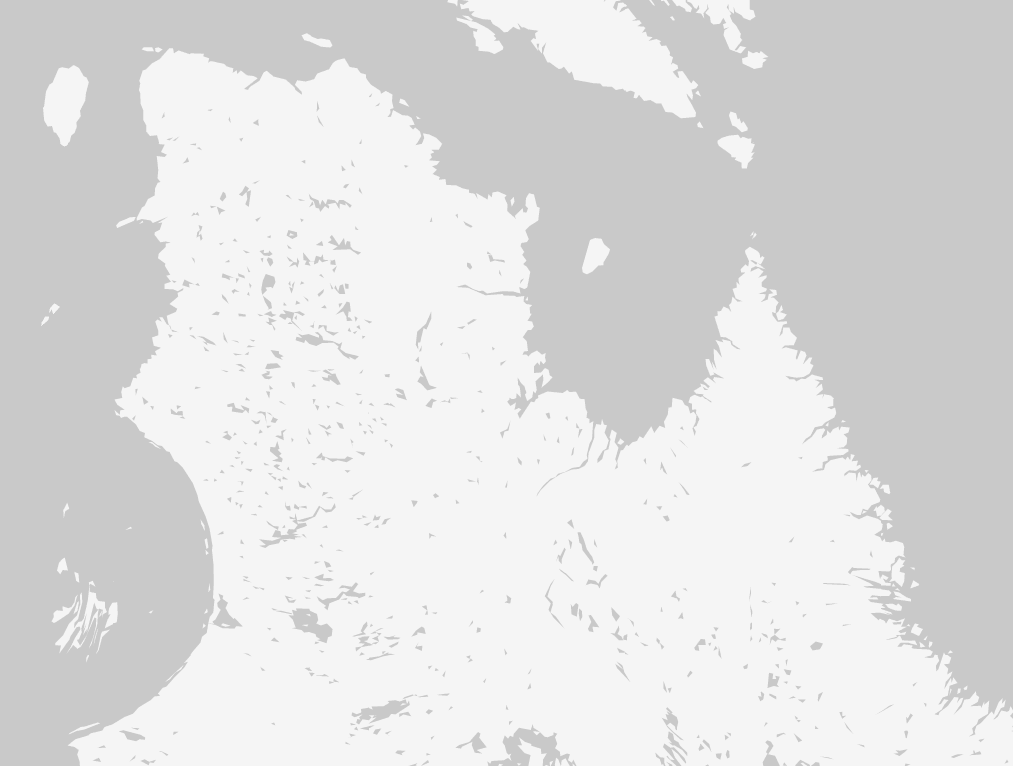
INUIT
Kuujjuaq
2754 inhabitants
INUIT
Kangirsuk
567 inhabitants
INUIT
Quaqtaq
403 inhabitants
INUIT
Kangiqsujuaq
750 inhabitants
Inuit
Puvirnituq
1500 inhabitants
Inuit
Inukjuak
1757 inhabitants
INUIT – CRI
Kuujjuaraapik – Whapmagoostui
984 inhabitants
INUIT – CRI
Chisasibi
4862 inhabitants
INUIT
Salluit
1483 inhabitants
Inuit Nation
In Quebec, almost all Inuit live north of the 55th parallel in Nunavik. Approximately 10,000 Inuit and a few hundred other people live in 14 villages along the coastline of the Hudson Bay, Hudson Strait and Ungava Bay. The Inuit’s mother tongue is Inuktitut, spoken by 95% of the Inuit. Their second language is primarily English, but in the last few years, there has been a noticeable increase in the use of French.
Cree community
In Quebec, the Cree population totals over 14,500 people spread out over 9 villages along the coast of the James Bay and Hudson Bay, as well as inland.
The Cree nation belongs to the Algonquin’s large linguistic and cultural family. The whole population speaks the Cree language and English is the majority’s second language.
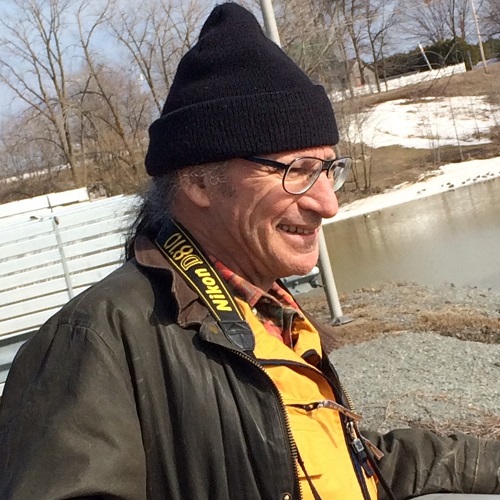
The photos of the president’s tour were taken by the FIQ team.

